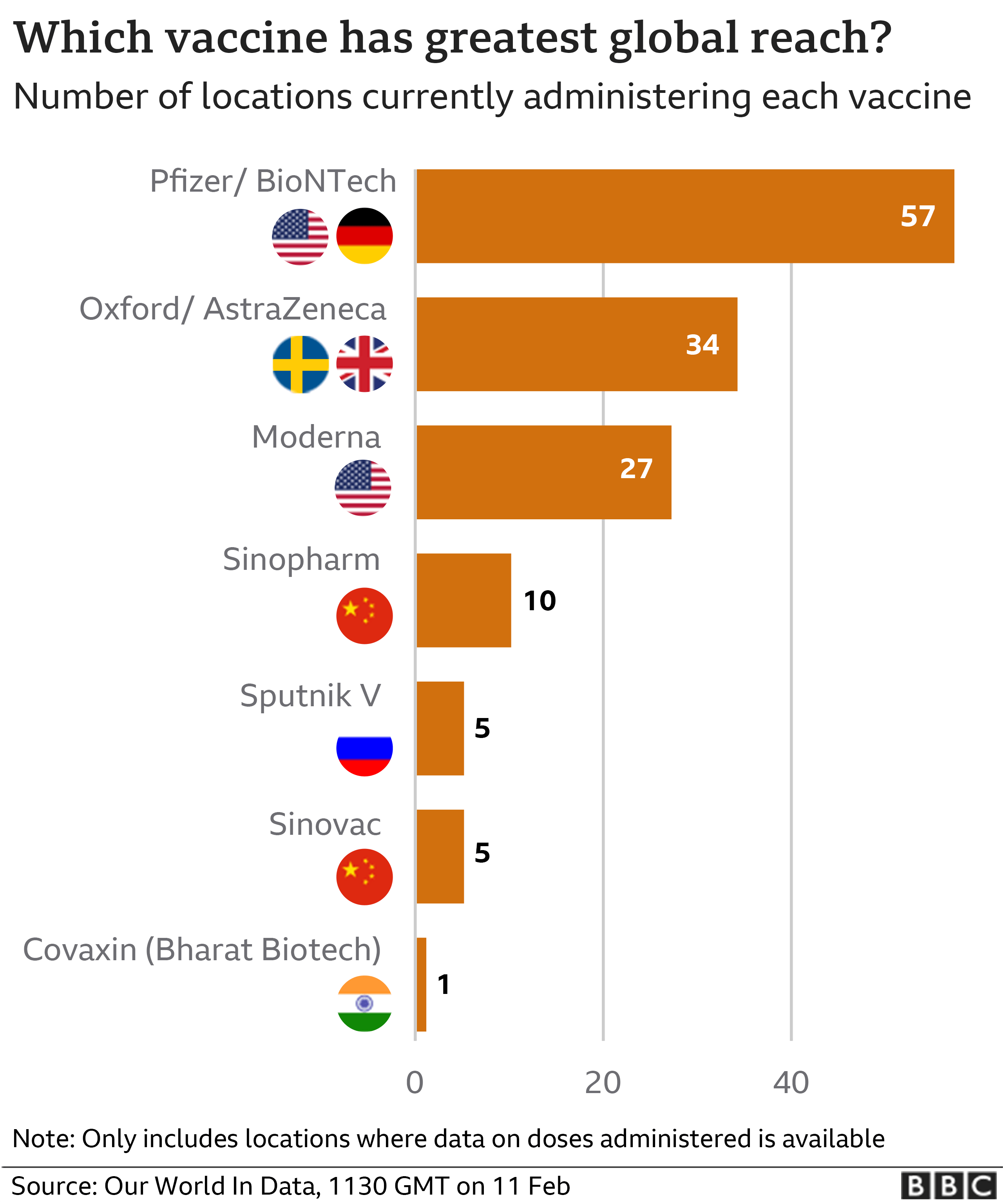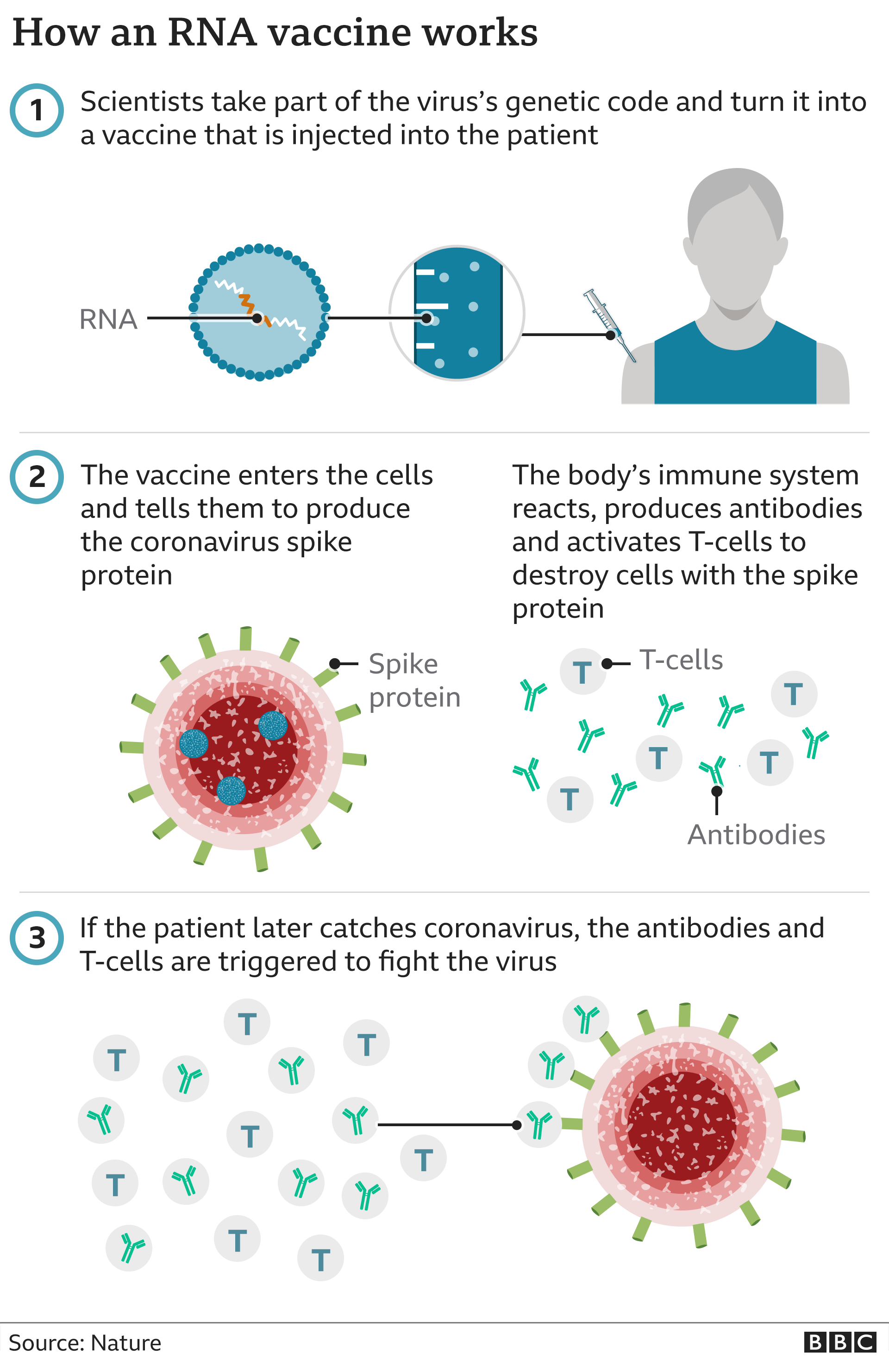
The investor report states flatly that, “the bulk facility is currently shut down and will not reopen until third quarter of 2022, thus restricting manufacturing capacity in 2022”. The plant was shuttered prior to the emergence of the global health emergency presented by monkeypox in order to create new production lines for vaccines against rabies and tick-borne encephalitis, Rabipur and Encepur, recently acquired by Bavarian Nordic from GSK. European plant shuttered – production won’t restart until 2023īavarian Nordic’s European vaccine production line, key to its generation of new volumes of the MVA-BN monkeypox vaccine, was closed this spring and will not be reopened until the third quarter of 2022, according to a 9 May investor report.

VACCINE PRODUCTION CAPACITY US LICENSE
So far, however, the company’s only recent deals were for the fill-and-finish of 2.5 million doses of already-produced monkeypox, with the US government, along with a recently-announced license deal was with the Chinese firm, Nuance Pharma, to support the development and commercialization in Asia of the company’s MVA-BN ® RSV vaccine for prevention of Respiratory Syncytial Virus, which can afflict babies and older people in particular. That is unless Bavarian Nordic signs new licensing deals with other manufacturers to produce the vaccine. The net result means that, either via donations, or by persuasion of Bavarian Nordic to scale up its production, Washington, once more, could be called upon to take the lead in ensuring equitable access to monkeypox treatments. The US Defence Department, through the Biomedical Advanced Research and Development Authority (BARDA), financed key elements of the vaccine’s development with contracts amounting to nearly $2 billion between 20, a review of those contracts by Health Policy Watch shows. With the rights to the manufacture and distribution of the vaccine solely in Bavarian Nordic’s hands, and more than a dozen countries inquiring about doses, it is the US government that will be in possession of, or contracted to receive, the overwhelming majority of MVA-BN doses due to be delivered in 2022 – roughly adding up to about 14.4 million doses. The lack of clarity, and resulting confusion over the actual state of play in terms of Bavarian Nordic’s own production capacity, and the distribution of available vaccines amongst high-risk countries, is a sharp reminder that the world may be no better prepared today to roll out vaccines rationally and equitably than it was before the COVID pandemic.

Vaccine equity – no better today than before the COVID pandemic?Ĭurrently, the Danish-based company holds the patent to the only European Medicines Agency and US Food and Drug Agency approved monkeypox vaccine, the technology upon which any vaccination campaign the world might launch to combat the expanding epidemic of cases. Without a new licensing deal to speed up production of their vaccine, Bavarian Nordic risks catalysing a preventable repeat of the inequities seen in the early global response to the Covid pandemic. With no new doses expected to leave the facility until early 2023, donations from the few high-income countries that have stockpiled the vaccine, notably the United States, will be crucial to the world’s ability to respond to the outbreak. With only 16.4 million doses of the MVA-BN vaccine available worldwide, it is unclear how the company plans to meet rising demand for its monkeypox vaccine following the global health emergency of international concern recently declared by the World Health Organisation. The manufacturer of the world’s only vaccine approved for monkeypox, Bavarian Nordic, closed its European vaccine production plant this spring and won’t reopen again until late 2022 – leading to a global monkeypox vaccine shortage, Health Policy Watch has learned. MVA-BN, marketed under the trade name IMVAMUNE, is the world’s only vaccine marketed against Monkeypox.


 0 kommentar(er)
0 kommentar(er)
